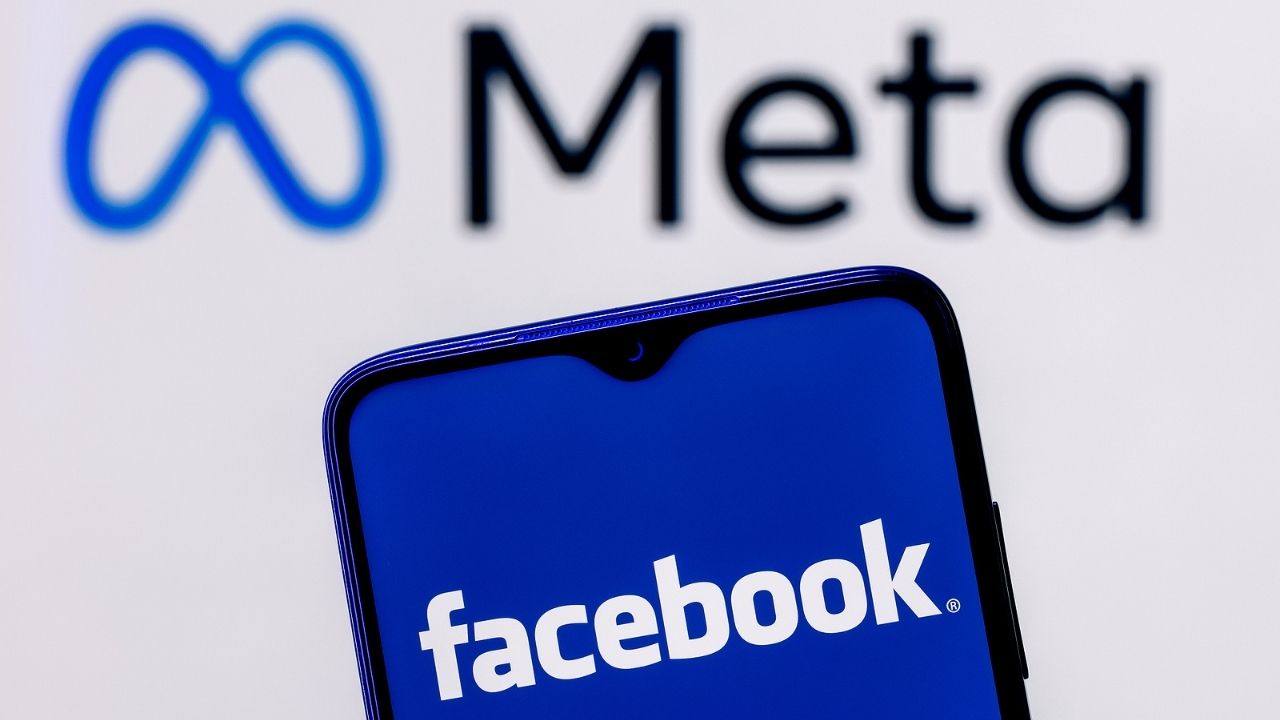Kevin Turner, IT Service Management Lead at Unisys, offered insight into how technology is shaping the modern workplace, flexibility and work-life balance.
In reference to achieving a better work-life balance, Turner said that today’s workforce expects to be more mobile and use technology to be able to complete work tasks outside of the office. Using the cloud, smartphones, tablets, augmented reality and even AI bots have helped these workers to get their work done from wherever they are most productive.
“The digital worker expects to collaborate with colleagues, peers and customers scattered across different time zones and geographies,” said Turner. “They expect to start working on a document using a laptop in the office, continue working on that document using a tablet while on the train and then review other people’s changes using their smartphone while at home. And when they are done, they expect to present the completed document on a smart screen at a client location.”
Furthermore, advancements in office technology have led the way towards smarter working. Through consumer and enterprise technology, the complexities that come with training and adopting new programs become simpler.
Unisys’ Digital Divide survey revealed that there was an increase in turnover and frustration from workers who did not have access to modern technology. Of these workers, 58% felt negatively towards their employer.
“In comparison, 88% of people at leader organisations feel positive about the company, and 38% are proud of the company technology provided to them,” said Turner.

 Dr. Gleb Tsipursky – The Office Whisperer
Dr. Gleb Tsipursky – The Office Whisperer Nirit Cohen – WorkFutures
Nirit Cohen – WorkFutures Angela Howard – Culture Expert
Angela Howard – Culture Expert Drew Jones – Design & Innovation
Drew Jones – Design & Innovation Jonathan Price – CRE & Flex Expert
Jonathan Price – CRE & Flex Expert










